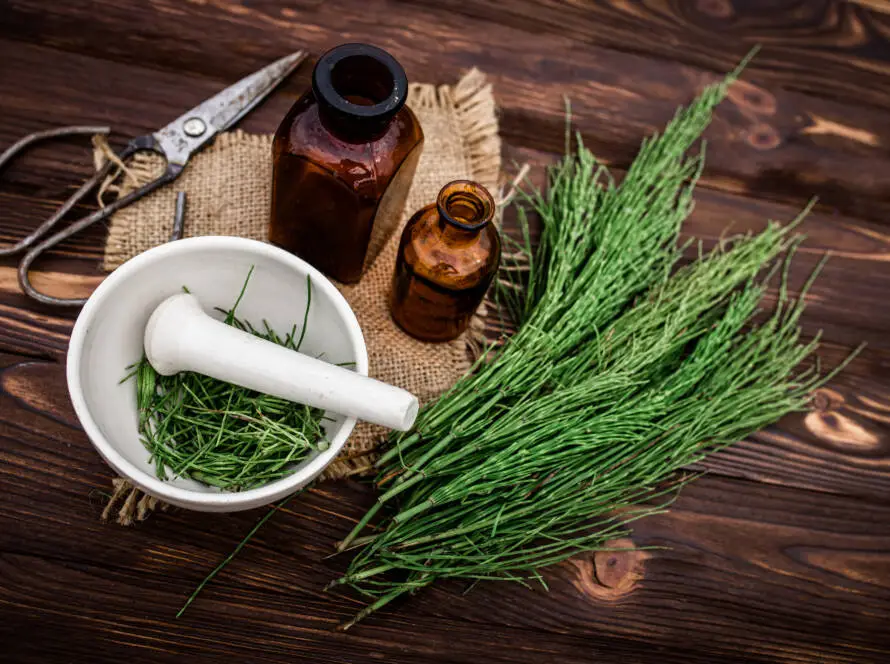This fact sheet highlights essential information about astragalus, an herb celebrated for its long-standing history in traditional medicine, particularly in Chinese herbalism. While its benefits are increasingly recognized, understanding its common names, uses, potential side effects, and credible sources is crucial for anyone considering incorporating it into their health regimen.
Common Names
Astragalus is known by various names, including:
- Astragalus
- Bei qi
- Huang qi
- Ogi
- Hwanggi
- Milk vetch
These names reflect its rich historical and cultural significance, particularly within the context of traditional Chinese medicine.
Latin Names
The primary Latin names for astragalus are:
- Astragalus membranaceus
- Astragalus mongholicus
These classifications help differentiate between the various species of astragalus used for medicinal purposes.
Uses
Astragalus has been a staple in traditional Chinese medicine for centuries, recognized for its diverse applications. Its primary uses include:
-
Supporting the Immune System: Astragalus is often used to enhance immune function, particularly when combined with other herbs.
-
Addressing Chronic Conditions: It has been used for treating chronic hepatitis and is explored as an adjunctive therapy in cancer treatment.
-
Preventing Respiratory Issues: The herb is reputed to help prevent and treat common colds and upper respiratory infections, making it a popular tonic during flu season.
-
Heart Health: Some practitioners advocate its use to support cardiovascular health, potentially improving heart function.
These uses reflect astragalus’s role in holistic health practices, aiming to improve general well-being and resilience.
How It Is Used
The root of the astragalus plant is primarily utilized in various forms:
-
Soups: Commonly added to nourishing soups, especially in Chinese cuisine, to extract its beneficial properties.
-
Teas: The root can be brewed as a tea, offering an easy way to incorporate its benefits into daily routines.
-
Extracts: Concentrated extracts allow for potent doses, often used in nutritional supplements.
-
Capsules: For those who prefer convenience, astragalus is available in capsule form, making it easy to consume.
Typically, astragalus is combined with other herbs such as ginseng, angelica, and licorice to enhance its effects and synergistic benefits.
Scientific Insights
Scientific evidence supporting the use of astragalus in treating health conditions remains limited. Preliminary studies suggest that astragalus may improve heart function and enhance immune responses against infections.
Additionally, some research indicates potential benefits when astragalus is paired with glossy privet (Ligustrum lucidum) as an adjunctive therapy in cancer care. However, these studies often suffer from design limitations, underscoring the need for more comprehensive clinical trials.
The National Center for Complementary and Alternative Medicine (NCCAM) is actively funding research to investigate further astragalus’s effects on the immune system, which could bolster the herb’s legitimacy in modern wellness practices.
Side Effects and Cautions
Overall, astragalus is considered safe for most adults. However, because it is commonly used alongside other herbs, well-documented side effects are scant. Possible considerations include:
-
Drug Interactions: Astragalus may interact with immunosuppressant medications, such as cyclophosphamide, which cancer patients and organ transplant recipients commonly use.
-
Caution Against Specific Species: Some species of astragalus, such as “locoweed,” should be approached with caution due to varying effects and potential side effects.
To ensure safe and coordinated care, it is always advisable to inform healthcare providers about any use of complementary and alternative practices, including astragalus.
Conclusion
With its rich heritage and versatile uses, astragalus stands out as a noteworthy herb in natural health remedies. From its applications in enhancing immune function to its potential benefits for chronic conditions, this herb offers intriguing possibilities for health enthusiasts. As research progresses and more studies emerge, we may see stronger evidence supporting astragalus’s role in modern therapeutic practices. For those considering its use, consulting with a healthcare professional can provide clarity and safety in integrating this ancient herb into contemporary health approaches.
Resources
- Drugs.com
- Wikipedia.com
- Astragalus. Natural Medicines Comprehensive Database.
- Astragalus (Astragalus membranaceus). Natural Standard Database.
- Upton R. Astragalus. In: Coates P, et al. Encyclopedia of Dietary Supplements.
- NCCAM National Institutes of Health
This summary highlights the key aspects including its traditional uses, potential benefits, and safety considerations.
Disclaimer
The information I’ve shared about herbs is for educational purposes only and is not meant as medical advice. While many herbs have been traditionally used for their potential health benefits, individual responses may vary, and the effectiveness of herbs can depend on various factors, including personal health conditions and interactions with medications. It is essential to consult with a qualified healthcare professional or a licensed herbalist before using herbs for medicinal purposes or making significant changes to your health regimen. This information should not be considered a substitute for professional medical advice, diagnosis, or treatment.


